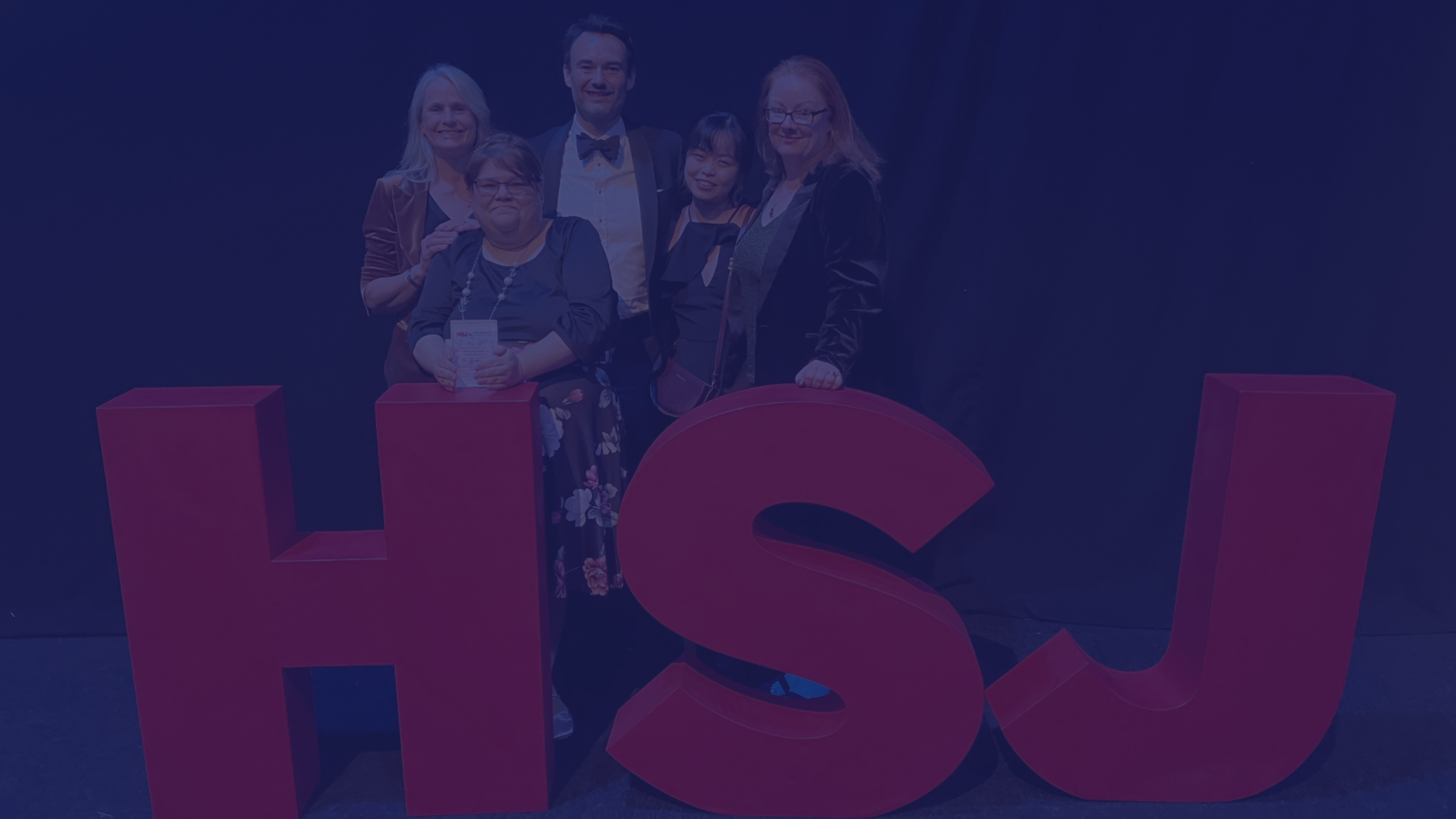18/03/2024
Transformation, News, Insights
National knowledge transfer and skills building programme for 50 mental health NHS Trusts to improve equity of experience for detained patients
In the year to March 2022, black people were almost 5 times as likely as white people to be detained under the Mental Health Act. Mental health inpatients with learning disabilities experience disproportionate use of restrictive practices like seclusion.
There’s no shortage of knowledge or ideas on what needs to change. But implementing change – in a structured and sustainable way – is hard. Especially in ward environments that are highly dynamic, and especially across teams that often lack improvement capability.

Inequalities within mental health services in England are stark, and each extreme story like the death in care of Seni Lewis is one too many.
There’s no shortage of knowledge or ideas on what needs to change. But implementing change – in a structured and sustainable way – is hard. Especially in ward environments that are highly dynamic, and especially across teams that often lack improvement capability.
In partnership with our globally-recognised improvement partner Virginia Mason Institute, The PSC is delivering a £1m national knowledge-transfer and capability-building programme for 50 NHS mental health trust teams, commissioned by NHS England.
Our approach to enabling knowledge generation, transfer and sharing has been ‘locally-led, centrally supported’. This means combining genuine local ownership of improvement work with organisation-level sponsorship and oversight. Using this approach, we’ve designed a targeted learning environment for over 500 staff that, crucially, involves staff at both C-suite level and ward level.
This has involved balancing learning on the job, learning from others, and formal learning – using training, weekly mentoring, an online toolkit and a peer-to-peer user community. Trainers have guided executive and ward-based teams on facilitating honest and sensitive conversations about equity and culturally appropriate care between colleagues and with patients. We’ve run training to equip teams with problem-solving tools and techniques to interrogate data and incorporate the learning into change on the ground. We’ve also established a knowledge-sharing hub and regular virtual and in-person learning events to encourage a culture and practice of continuous learning.
In the initial phase of the work with 15 Trusts, an external evaluation reported measurable benefits – such as staff indicating a 20% improvement in their self-rated ability to develop, test, and refine quality improvement ideas. Participants have been implementing a wide array of improvement initiatives related to being more curious about patients’ cultural preferences, more personalised care planning, and creating more psychologically safe environments for patients and staff alike. We’re also sharing the learning with the sector by running workshops at high-profile national events including the NHS Confed Expo.
An Associate Medical Director commented that:
“We’ve learned a lot about how to do improvement projects. The attention to detail in your coaching sessions has gently held us to account, and your suggestions have made a big difference to our work. There can be a lot of doubt for teams embarking on an improvement project, and your positive coaching style has been crucial in developing momentum.”
Whilst an Assistant Nursing Director told us that:
“This programme has already significantly shifted the culture in terms of freedom to speak up. When I started this programme, I was in fear of saying the wrong thing so we didn't upset or offend people. Now, through the coaching, tools and techniques we are using, we no longer have that fear on this ward with staff. Thank you for your coaching, it has been invaluable.”
Over the last decade, we’ve equipped over 4,000 people with the skills they need to make public services brilliant. If you'd like to talk to use about our knowledge-sharing and capability-building work, please get in touch with Harris Lorie at: hello@thepsc.co.uk
Latest News & Insights.

The PSC is committing to new, more challenging sustainability targets
We are delighted to announce that we are committing to new, ambitious emission…

What does a good net zero programme look like for Integrated Care Systems?
The NHS has committed to reaching net zero in 2045 and Integrated Care Systems…

The PSC Wins Double Silver at the HSJ Partnership Awards 2024
We are delighted to announce that we have been awarded double silver at The HSJ…